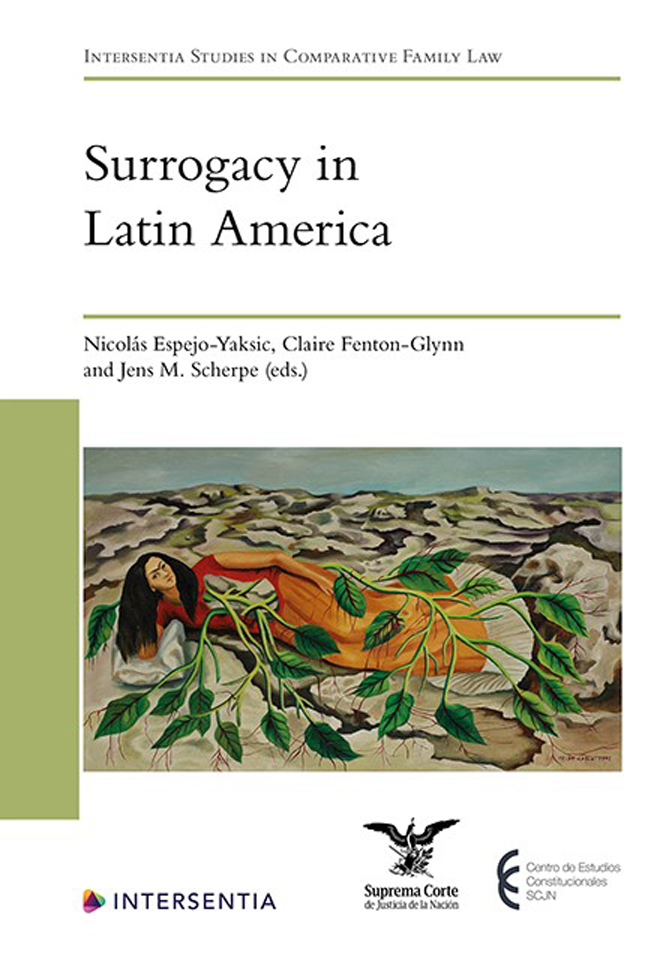Costa Rica
Published online by Cambridge University Press: 09 January 2024
Summary
1. GENERAL LEGAL FRAMEWORK
1.1. CONSTITUTIONAL BACKGROUND
Costa Rica’s Constitution has been in force since 7 November 1949. The structure of Costa Rica’s family law is based on articles 51 to 54 of the Constitution. These norms contain the basic foundations regarding family formation and organisation, although, of course, family structures have changed considerably over the decades, not least as a result of human rights jurisprudence.
While surrogacy, unsurprisingly, is not expressly addressed, the Constitution sets up a system of respect for the treaties that the country has signed under international law, since it places obligations arising from these above the national law (article 7 of the Constitution). In addition, according to the case law of the Constitutional Chamber of the Supreme Court of Justice, those treaties are considered to be part of the Constitution, especially in the case of conventional norms referring to fundamental rights. Thus, these international treaties must be considered part of Costa Rica’s constitutional framework, especially concerning the interpretation of laws concerning surrogacy and parenthood.
1.2. CONSTITUTIONAL PRINCIPLES UNDERLYING PARENTHOOD IN COSTA RICA
Various principles concerning parenthood and the rights of children have been developed. First, the principle of the equality of children irrespective of whether they were born in or outside of wedlock (article 52 of the Constitution, also included in article 4 of the Family Code). A second principle is the right every person has to know their origins, which may be relevant in the event of surrogacy (article 53 of the Constitution). A third principle concerns respect for the biological truth. Thus, in cases where a marital presumption regarding paternity applies, but there is a doubt about the actual paternity, knowing the biological truth takes precedence over any existing legal or social ties, according to a decision by the Family Cassation Chamber of 10 May 2013, in the case 87-2013. Finally, the principle of the best interests of the child, found in both article 3 of the UN Convention on the Rights of the Child and article 5 of the Costa Rican Childhood and Adolescence Code, is firmly embedded in Costa Rican law.
2. ABSENCE OF A REGULATORY FRAMEWORK FOR SURROGACY
2.1. BACKGROUND
Laws on assisted reproduction have a tumultuous history in Costa Rica.
- Type
- Chapter
- Information
- Surrogacy in Latin America , pp. 121 - 130Publisher: IntersentiaPrint publication year: 2023



